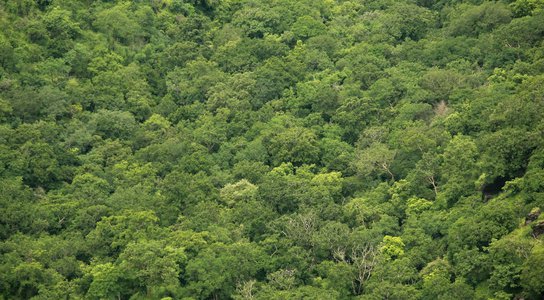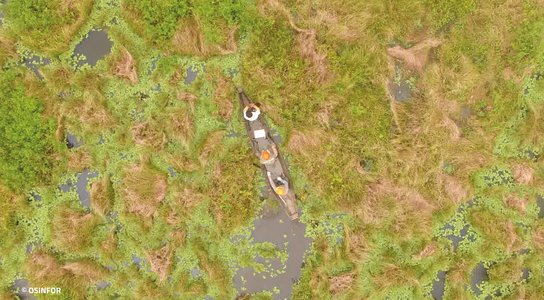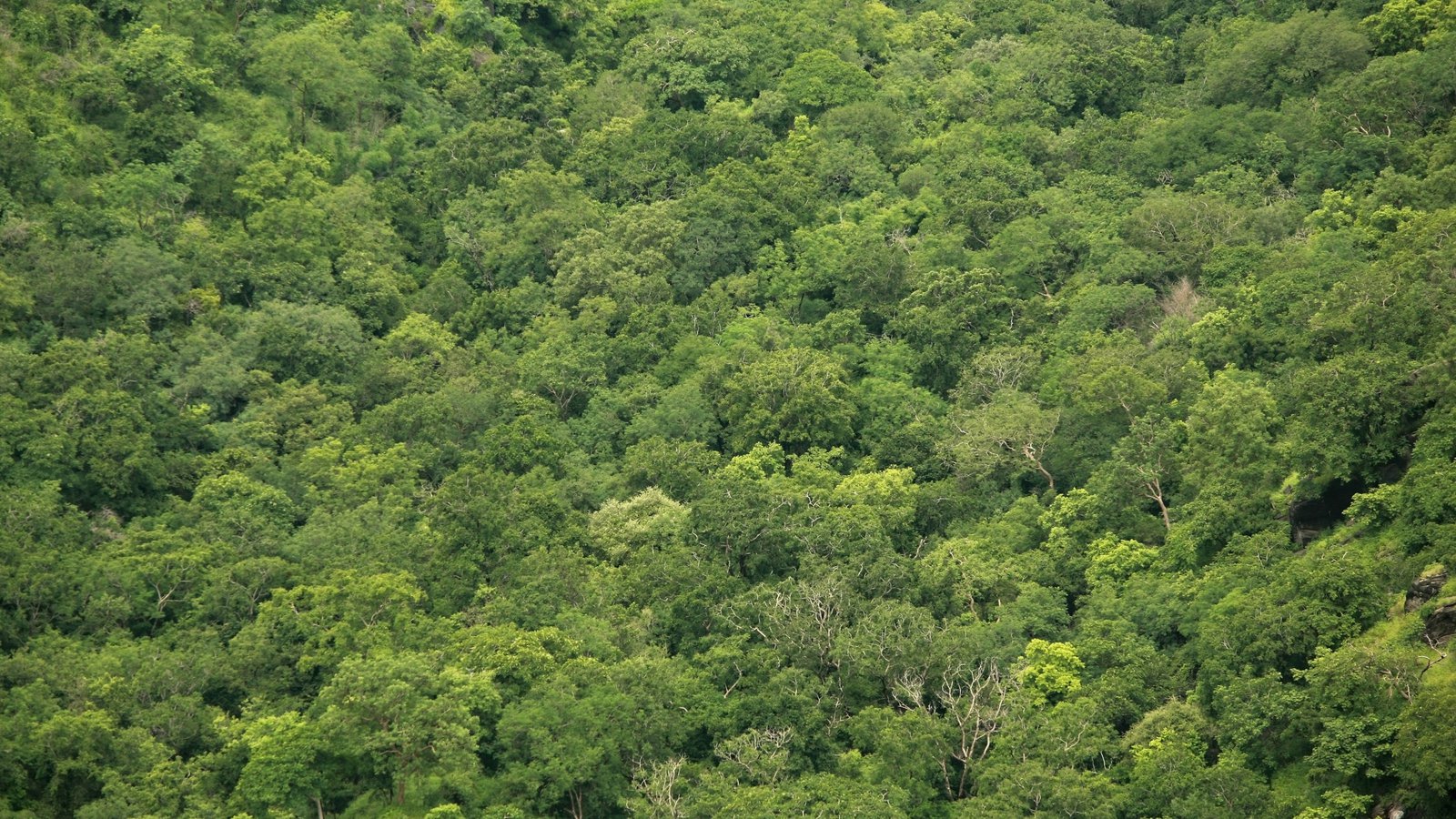Global Witness' most recent investigation into illegal logging has captured undercover footage of major timber exporters in Peru discussing the Yacu Kallpa ship which - en route from the Amazon to the USA - was detained in Mexico in 2016.
The Yacu Kallpa case has become the biggest timber sector scandal in Peru’s history. Ultimately, more than 96% of the timber on board was declared ‘not of legal origin.’
Our video evidence - featured below in 15 clips - includes representatives from three of the exporting companies involved: Corporación Industrial Forestal, Inversiones WCA and Sico Maderas. Global Witness argues that this footage demonstrates they knew or ‘could have presumed to know’ that their timber was illegal, and that therefore they committed a crime.
According to Peru’s Penal Code Article 310A, anyone ‘acquiring, storing, transforming, transporting, hiding, commercialising, loading, unloading, importing, exporting or re-exporting’ timber who knows or ‘could presume’ its origin is ‘illicit’ faces up to seven years in prison.
EXPORTER 1:
Dante Zevallos, from Sico Maderas, describes the context in which the Yacu Kallpa scandal took place. He admits that timber is often extracted from unauthorised areas in the Loreto region and blames it on bad laws and ‘bureaucracy’:
Dante Zevallos, from Sico Maderas, admits knowing that his timber on the Yacu Kallpa was ‘probably' illegal, but it didn’t matter because he had the legally required documents. He says that this was the same for ‘all’ the other exporters:
Dante Zevallos, from Sico Maderas, describes the legally required documents as ‘artifices of legality’ and says he feels ‘zero guilt’ about using them:
Dante Zevallos, from Sico Maderas, admits he knew timber was being laundered and he was ‘scared’ to buy it. He emphasises that he knew that even before the Yacu Kallpa scandal:
Dante Zevallos, from Sico Maderas, explains how most of the timber on the Yacu Kallpa was illegally laundered using falsified documents. According to Zevallos, the exporters bought the timber from small-scale extractors in the forest and then used permits to transport it - when really the permits were to transport timber extracted from elsewhere:
EXPORTER 2:
William Castro, from Inversiones WCA, says that the legally required documents do not ‘guarantee’ the legal origin of timber, even when stamped by the government:
William Castro, from Inversiones WCA, says that a type of harvest area called ‘bosques locales’ are often established by the regional government to launder illegal timber - the cumala species in particular. Global Witness’ research shows that most of Castro’s exports on the Yacu Kallpa in November 2015 were cumala and originated from bosques locales:
William Castro, from Inversiones WCA, describes an agreement he claims to have struck with regional governor Fernando Meléndez, which Castro calls ‘part of the corruption.’ According to Castro, the idea was that he would process some timber for Meléndez and, in exchange, the governor would help release Castro’s timber detained in Mexico:
William Castro, from Inversiones WCA, admits that harvesting plans - called ‘Annual Operating Plans’ at the time - are not respected:
William Castro, from Inversiones WCA, admits that his timber on the Yacu Kallpa in November 2015 was ‘illegal’, but blames the regional government:
William Castro, from Inversiones WCA, acknowledges that he was also ‘f*cked’ when the previous Yacu Kallpa shipment was blocked from entering the US in September 2015. Global Witness research reveals that Castro exported illegal timber on the Yacu Kallpa in November that, according to the transport permits, came from the same harvest areas as his September exports. This was despite the fact that timber from those areas had been blocked in Houston:
EXPORTER 3:
Adam Andrews, from Corporación Industrial Forestal, admits that corruption is rife and the legally required documents approved by the regional government do not guarantee the legal origin of the timber:
Adam Andrews, from Corporación Industrial Forestal, says that ‘bosques locales’ are regularly used to launder illegal timber and that tree locations are faked in harvest plans. Global Witness research shows that most of his exports on the Yacu Kallpa in November 2015 were sourced from bosques locales:
Adam Andrews, from Corporación Industrial Forestal, describes how the cumala species in particular is laundered through logging concessions using the legally required documents - when really such documents are supposed to be used for timber extracted elsewhere. Global Witness research shows that more than one third of his exports on the Yacu Kallpa November 2015 shipment were cumala:
Read our report - "Buyers in Good Faith": How Timber Exporters are Complicit in Plundering Peru’s Amazon (PDF, 3.27 MB)
-
Exportadores peruanos al descubierto - la evidencia en vídeo
Global Witness encubierto ha grabado en vídeo a exportadores involucrados en el escándalo maderero más grande del Perú.
-
“Buyers in Good Faith”
How timber exporters are complicit in plundering Peru’s Amazon
